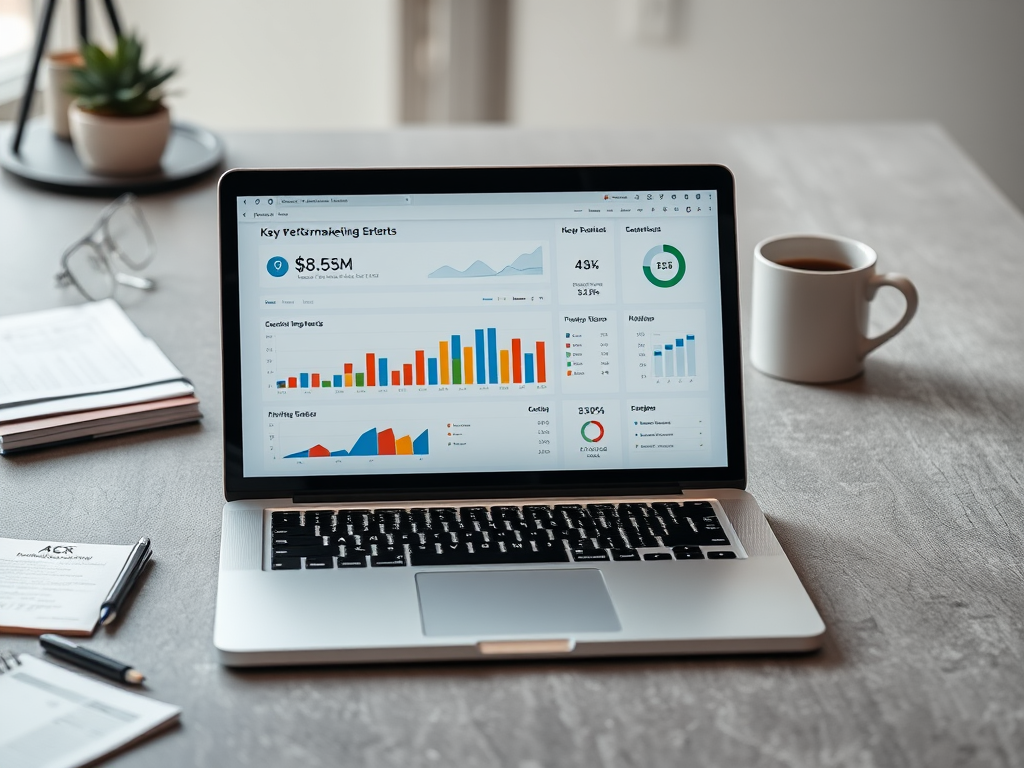In today’s high-paced digital landscape, event marketing has become an essential tool for brands seeking to connect with their audience on a deeper level. Leveraging marketing automation can simplify and enhance the complexities involved in orchestrating successful events. With the right tools, marketers can not only optimize their workflows but also craft personalized experiences that resonate with attendees. Whether you’re organizing webinars, conferences, or product launches, the integration of marketing automation can transform how you promote, manage, and analyze your events. The crux lies in understanding how to deploy these tools effectively to maximize engagement and drive results.
Marketing automation is not merely about technology; it’s about reimagining the marketer’s role. Instead of getting bogged down in spreadsheets and manual processes, professionals can harness these innovative tools to focus on strategic initiatives. Automation allows for the management of various marketing tasks from a single platform, consolidating efforts across multiple channels. By automating routine tasks, you can free up valuable time for creativity and strategic thinking, thereby elevating your event marketing endeavors. With that said, understanding the full spectrum of automation capabilities is critical for any event marketing strategy.
Understanding Marketing Automation

Marketing automation encompasses software solutions that enable organizations to automate repetitive marketing tasks. These tools can simplify processes such as email marketing, social media posting, and ad campaigns, creating a more streamlined experience for the event team. In essence, this technology enhances precision by allowing for segmentation and targeting based on audience behavior and demographics. For event marketing specifically, automation can drastically improve efficiency and effectiveness. This ensures that attendees receive the right messages at the right times, fostering deeper engagement and increasing attendance rates.
The Importance of Event Marketing

Event marketing is a powerful vehicle for brands aiming to cultivate relationships with their audience. By creating immersive experiences, businesses can showcase their values, products, and innovations. Through strategic event marketing, organizations can trigger meaningful conversations that allow for audience interaction and feedback. Integrating marketing automation into this mix amplifies these benefits. Rather than managing various aspects separately, automation centralizes efforts, providing a holistic view of event performance. This seamless approach allows marketers to monitor engagement metrics while also adapting their strategies in real time.
Key Benefits of Using Marketing Automation in Event Marketing
- Efficiency and Time Savings: Automating repetitive tasks such as invitations and follow-ups saves precious time, allowing marketers to focus on strategy.
- Personalization and Targeting: Automation tools empower marketers to tailor communications, ensuring messages resonate with specific audience segments.
- Data Collection and Analytics: Automation streamlines attendee data collection, helping you analyze engagement levels to improve future events.
Tools for Marketing Automation in Event Marketing
A variety of tools exist to simplify the event marketing process. Here are some of the most popular tools that can help you succeed:
| Tool | Purpose |
|---|---|
| Email Marketing Platforms | Automate email campaigns to keep attendees informed pre-event, during the event, and post-event. |
| Social Media Scheduling | Schedule promotions across multiple platforms to maximize reach. |
| CRM Systems | Track interactions and manage relationships with potential and current attendees. |
Best Practices for Implementing Marketing Automation in Events
- Define Clear Goals: Establish what you want to achieve with your event, whether it’s lead generation or brand awareness.
- Segment Your Audience: Group attendees by interests or behaviors to ensure personalized messaging.
- Test and Optimize Campaigns: Utilize A/B testing to identify and refine the most effective marketing tactics.
Measuring the Success of Your Event Marketing Automation
After your event, it’s crucial to assess the outcomes of your marketing automation efforts. Key performance indicators (KPIs) to consider include attendance rates, engagement levels, and post-event feedback. Marketing automation platforms often provide analytics tools that generate reports highlighting both successes and challenges. These insights can guide your strategies for future events, ensuring continuous improvement. Additionally, understanding which channels and messages were most effective allows you to allocate resources more efficiently in the future.
Conclusion
Incorporating marketing automation into your event marketing strategy can significantly elevate the impact of your efforts. By using the right tools and following best practices, you can streamline your workflows, enhance audience engagement, and achieve better overall results. The journey toward effective event marketing begins with a clear understanding of automation. By leveraging these tools, you can transform the way you interact with your audience, making every event count. In an era where personalization and data-driven decision-making reign supreme, marketers must evolve and adapt. Embrace automation to unlock the full potential of your event marketing.
Frequently Asked Questions
- What is marketing automation? Marketing automation is the use of software and technology to automate marketing tasks and workflows.
- How can marketing automation improve event marketing? It can save time, enable personalized communication, and provide analytics for better insights.
- What tools should I consider for event marketing automation? Consider email marketing platforms, social media scheduling tools, and CRM systems.
- What are some best practices for using marketing automation in events? Define clear goals, segment your audience, and test your campaigns for optimization.
- How do I measure the success of my event marketing automation efforts? Use KPIs such as attendance rates, engagement metrics, and post-event feedback analysis.
